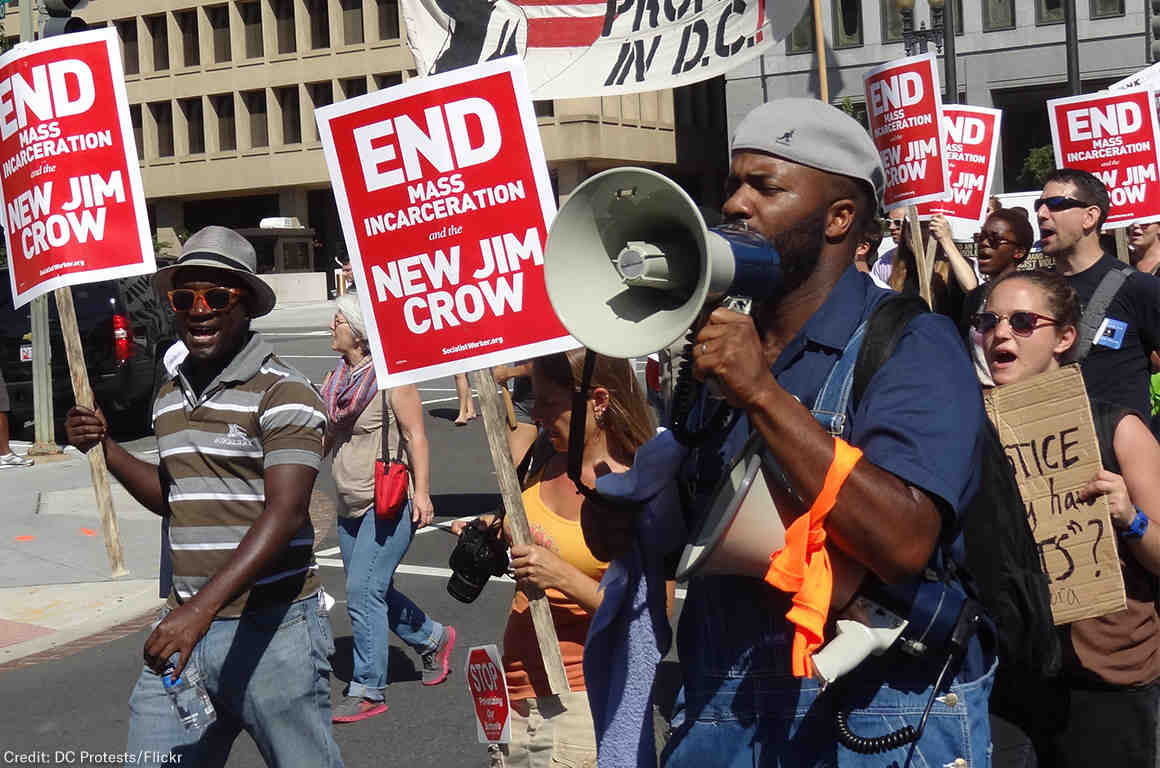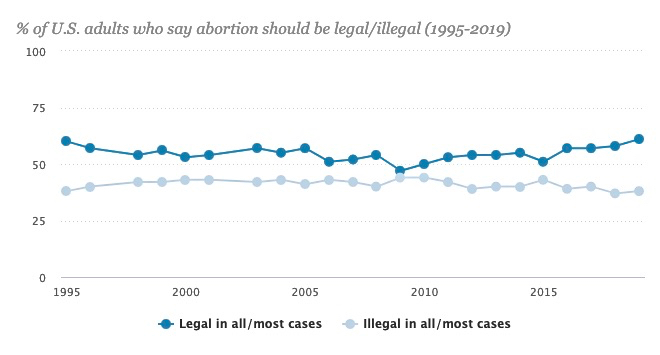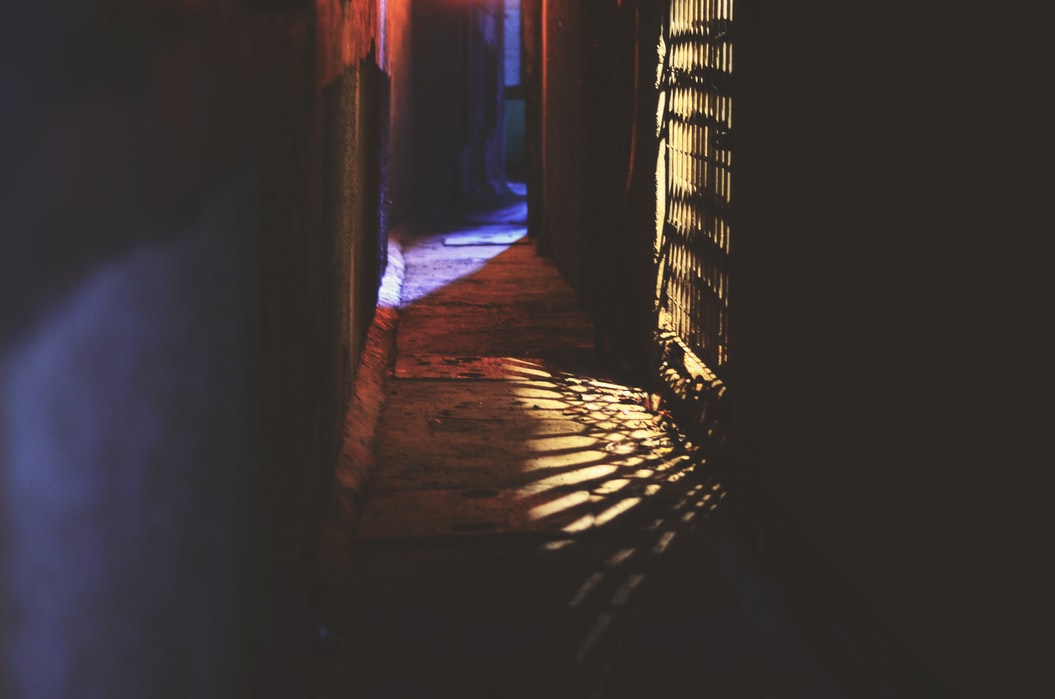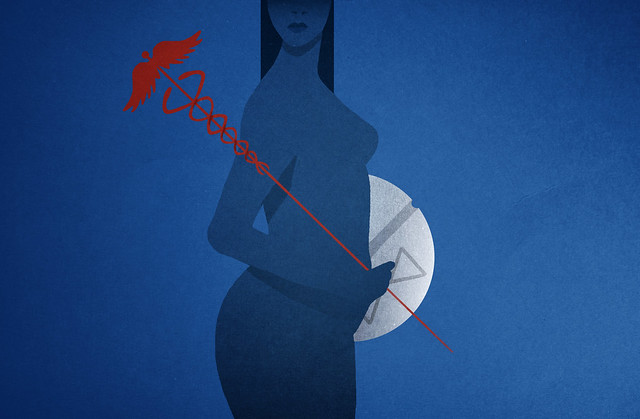On Abortion
By Vicki Cohen
I am a nurse-midwife.
For over thirty years, I provided prenatal care for pregnant women and welcomed new life. It was mostly happy work, but sometimes I’d find myself worrying about the women who lived in poverty or suffered from substance abuse, the thirteen-year-old who didn’t know she was pregnant until too late to consider her options, or the woman about to give birth to her eleventh child. I often left work feeling jaded and tired.
Now, in my semi-retirement, I mostly do the opposite of what I did before. I help women prevent pregnancy and help them when those plans fail. Which they do.
On social media, in response to an article about abortion, a man wrote that women should, instead of killing the baby, use birth control or the morning after pill. I could not stop myself from responding. I wrote that I am an abortion provider despite the fact that abortions are a fraction of what I do. I wrote that birth control is not 100 percent effective, nor is emergency contraception. I wrote that an unplanned pregnancy never happens without a man. Whoever claims they don’t believe in abortion rights may make their own decision not to have one.
My post received applause and gratitude. It also received more than one veiled threat in which I was told I was going to Hell. I think I do not want to go to their Heaven.
Yes. I do abortions.
I also provide contraception and STD treatment and preventative care.
Many days, I pass protesters who block my car from the clinic parking lot, who engage the women who are coming to see me or the other clinicians I’m proud to work with. What I think about these people—holding pictures of dead babies, handing out business cards for fake clinics, pamphlets filled with inaccurate descriptions of what we do, and propaganda such as the claims that sperm protects against pre-eclampsia or that birth control pills cause cancer—is: How dare you? This is not your business.
I can dismiss them. But my patients? Maybe not.
The second time I saw the rape victim was a month or more after the assault. The first time she’d asked me to look at a small bump that turned out not to be the herpes she was worried about. But this time, after sitting at her side while she tried to catch her breath long enough to tell me why she’d returned, to describe the pain of sitting, the torture when urine hit her skin, the agony caused by the multiple eruptions on her genitals, I had to tell her that this time, she was not so lucky. I sat with her as she sobbed, distraught over the thought of being reminded of the rape every time she has an outbreak of an infection she will never be rid of. This woman was not pregnant. Still, before getting inside, she had to walk past people who called her a murderer.
The day before, while deciding whether to renew the state’s last reproductive health clinic’s license to operate, Missouri’s health department passed a requirement that clinicians do a pelvic exam prior to the already mandated three-day waiting period before a woman has her constitutionally protected abortion. There are few situations that would make this exam medically necessary. This is punishment, pure and simple. Punishment for the women—some of whom, according to news reports, feel obliged to apologize to their clinicians for this prerequisite—punishment for the providers who, I imagine, feel as if they have guns to their heads.
In Oregon, where I work, we’re lucky to have a liberal governor and liberal laws. It is easy to convince myself that whatever the federal government does, we will be safe. And yet.
The federal Title X gag rule has been upheld in the courts. This rule tells health care providers they may only discuss prenatal care or adoption with their pregnant patients. It tells us, if we continue to provide education about or access to abortion, that we will lose Title X funding. What will this mean for the adolescent requesting chlamydia screening? For the married woman who learns her husband has been having sex with men? For the recovering addict who wants to be sure they don’t have HIV? Or the woman with the breast mass, the one asking for her first cervical cancer screening in ten years, the one with bleeding that could be controlled by a hormonal IUD even though she’s never been sexually active? The trans-man who feels rejected everywhere else or the cis-man who wants condoms, a vasectomy, or testing for STDs? Besides being a question of choice, this is a public health issue, pure and simple.
Sometimes the protesters outside my clinic are women. Head-bowed women holding prayer books line up along the sidewalk singing hymns. The woman in the headscarf, when she’s not pushing brochures, lies prostrate at the entrance to the property. I would like to tell them about the women who start out just as convinced of the morality of their views as they are, but who end up inside, making a choice they never imagined they’d make.
Sometimes, the protesters are men, to whom I want to say: You, too, bear responsibility. The only thing that guarantees no unplanned pregnancies is not having intercourse with a man. So why is the onus on women? It’s simple. Men can walk away. We cannot.
During his Supreme Court confirmation hearings, Brett Kavanaugh was asked to come up with just one law that regulates what a man can do with his body. I couldn’t stop thinking about that question, couldn’t stop thinking about the decisions being made about my body and the bodies of every woman I know and those I don’t. I wrote the senator’s question on a cardboard sign and carried it to a Stop the Ban rally where a stranger informed me that in some states a man still needs his wife’s permission to have a vasectomy, but in fact, such a requirement would constitute not only an ethical lapse, but a violation of patient privacy law that prevents health care providers from discussing a patient with anyone without permission. The person who felt compelled to tell me I was mistaken, was mistaken.
I left the rally with my sister, both of us wondering what made these protests feel so less potent than those we attended when we were young. Demonstrations against the Vietnam War. Fighting for civil rights and the passage of Roe vs. Wade. I couldn’t stop seeing the sense of fatigue reflected back in the faces of those who now protest at our sides. Does it come from the barrage of stories about children in cages, starving polar bears, and mass shootings that flood social media and feed our sense of helplessness? Is it a manifestation of the slow, deliberate cutting away of our rights so that by the time we realize they’re gone we’ve been exhausted instead of energized?
It’s easy to convince ourselves that lives are not on the line, but they are. I am overwhelmed by a pervasive and palpable fear of returning to a time when women died and doctors were assassinated for trying to help.
So, every day, moving forward, I will remind myself of the health care providers in Missouri’s last clinic who, after three weeks of state-mandated pelvic exams—a decree that amounted to nothing short of state-mandated assault—stood up and said, No. We will no longer do this. We will not let you tell us how to do our jobs. I will remind myself of those clinicians who forced the state to stand down. I will remind myself of what is possible.
What if my patient with herpes had been pregnant, if her attacker had given her not just a chronic disease, but had also impregnated her? Who has the right to tell her whether or not to raise a child created by rape? Or to tell the woman who struggles to feed her children that she must have one more; to tell the teenager, who conceives the first time she has sex because her partner removed the condom, that her dreams have just died; to insist that the woman with a damaged fetus give birth even though the fetus won’t have a chance at the kind of life every one of us wants for our kids?
Who has that right? I don’t. And you don’t either. Our opinions don’t matter. We should keep them to ourselves, even, sometimes, when we’re asked to share.
Reproductive justice is about one thing and one thing only. It is about who controls my body and who controls yours, even if you are sure you’d never terminate a pregnancy. Please remember the women I’ve had in my office who, until they sat there, were absolutely certain, too.
Vicki Cohen is a nurse-midwife, a writer, and an activist from Portland, Oregon. She received her MFA from the Bennington Writing Seminars in January 2018.
The image is by Lauren Walker for Truthout.


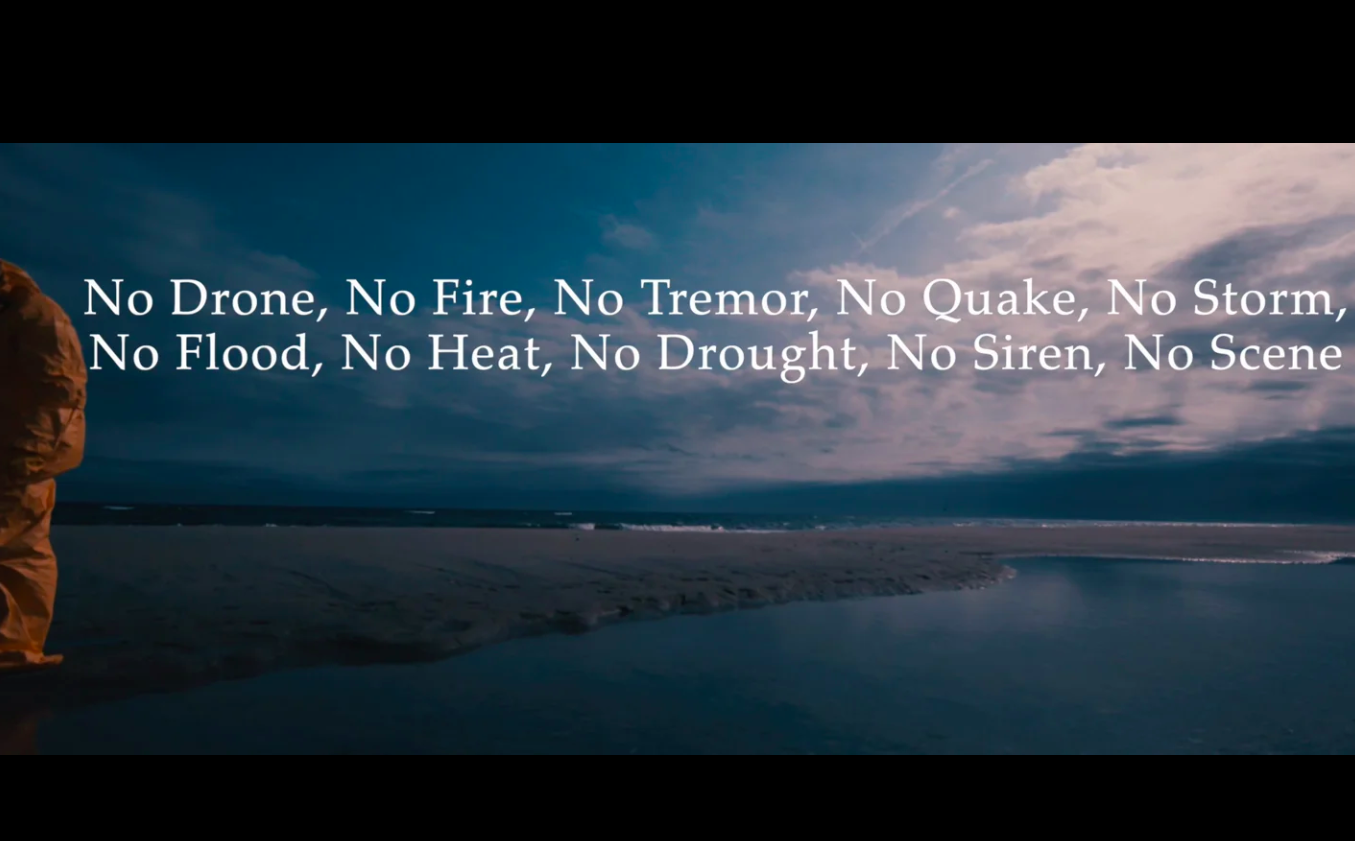


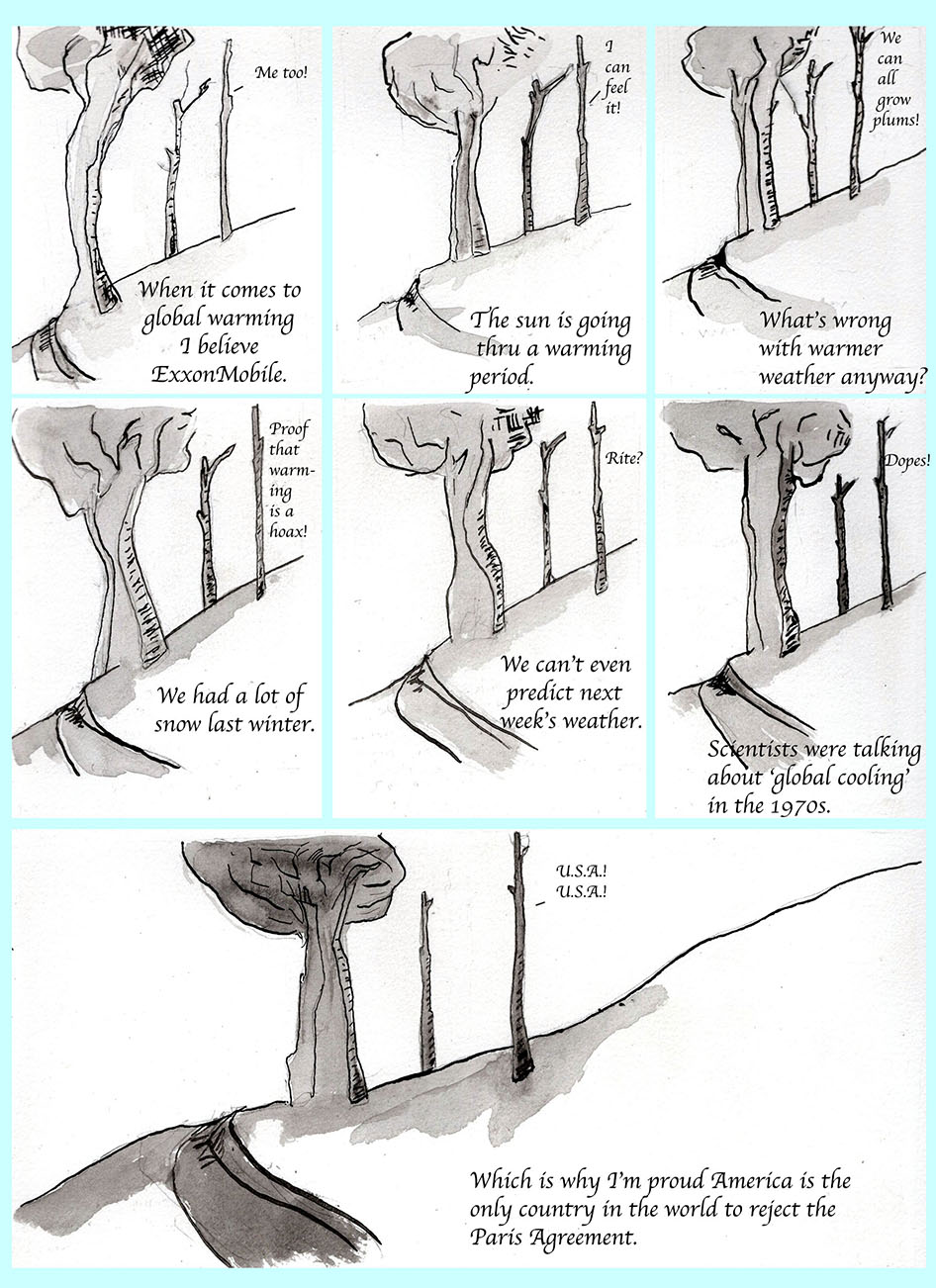


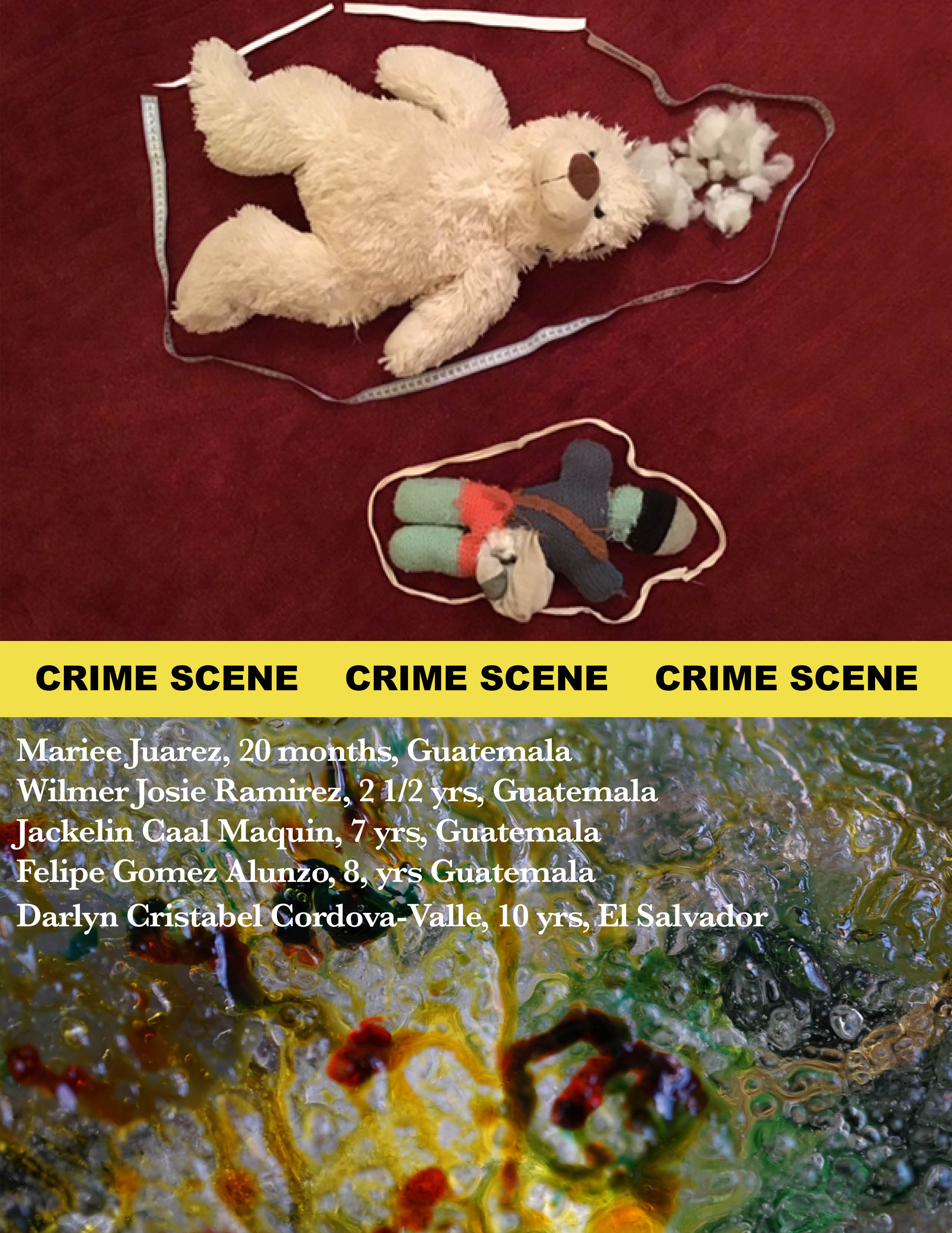
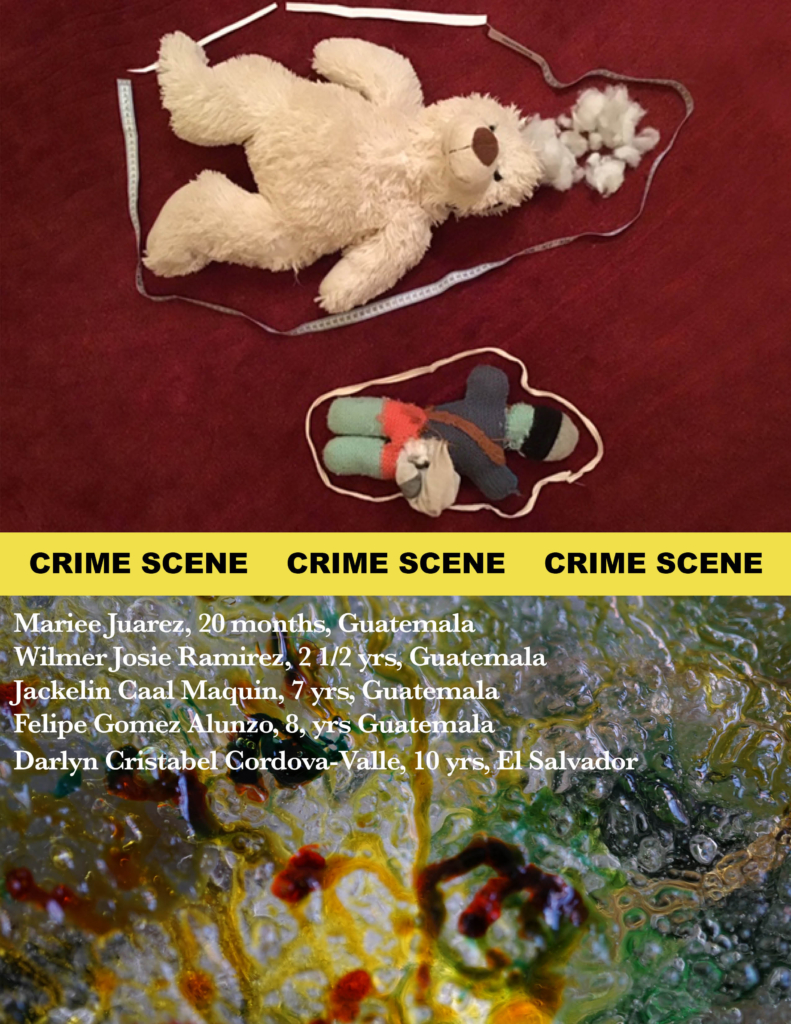


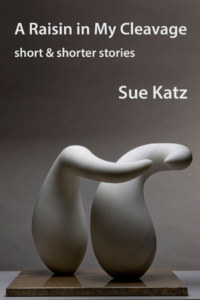 Sue Katz’s business card identifies her as a “Wordsmith and Rebel.” Her writing has been published on the three continents where she has lived, worked, and roused rabble. She has been a martial arts master, promoted transnational volunteering, and partner danced more than her feet could bear. Her journalism and stories have been published for decades in anthologies, magazines, and online. Her fiction, often focusing on the lives of elders, include A Raisin in My Cleavage: short and shorter stories, Lillian’s Last Affair and other stories, and Lillian in Love.
Sue Katz’s business card identifies her as a “Wordsmith and Rebel.” Her writing has been published on the three continents where she has lived, worked, and roused rabble. She has been a martial arts master, promoted transnational volunteering, and partner danced more than her feet could bear. Her journalism and stories have been published for decades in anthologies, magazines, and online. Her fiction, often focusing on the lives of elders, include A Raisin in My Cleavage: short and shorter stories, Lillian’s Last Affair and other stories, and Lillian in Love.



